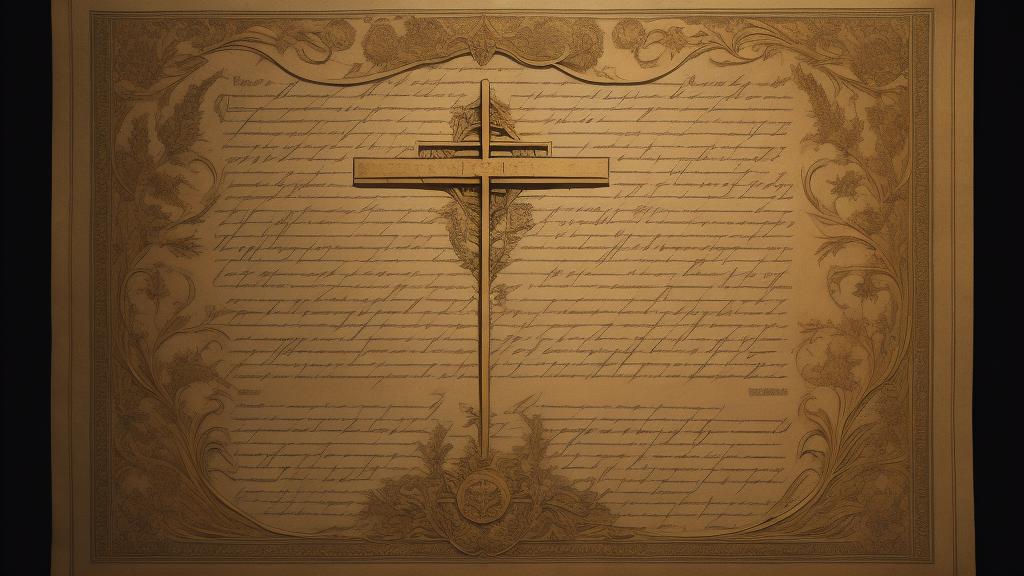Hollywood has long been recognized as the epicenter of film production, drawing talent from across the globe. While its landscape is often associated with American composers like John Williams and Hans Zimmer, there's an under-appreciated influx of European talent that has profoundly shaped the industry. This migration of maestros has brought with it a unique blend of classical sophistication and experimental audacity, enriching American cinema's musical tapestry.
To truly understand this influence, one must look back to the early days of Hollywood. During the 1930s and 1940s, political upheavals and wars in Europe caused an exodus of composers and musicians seeking refuge in America. This period witnessed the likes of Erich Wolfgang Korngold and Max Steiner, whose Viennese intricacies and Germanic grandiosity were crucial in setting the tone for Hollywood's Golden Age. Korngold’s score for 'The Adventures of Robin Hood' (1938) remains a seminal work, blending orchestral lushness with narrative vigor, becoming a blueprint for future film scores.
The latter half of the 20th century saw another wave of European influence, perhaps less dramatic but equally impactful. Figures like Ennio Morricone and Nino Rota brought Italian flair to the Hollywood soundscape. Morricone’s minimalist approach in ‘The Good, the Bad and the Ugly’ (1966) introduced a raw, almost tactile quality to film music, while Rota’s work on ‘The Godfather’ (1972) infused a sense of old-world romanticism and tragedy, enhancing the epic’s operatic scale.
In contemporary cinema, this tradition of importing European talent continues. Alexandre Desplat, hailing from France, offers scores that are both delicate and dynamic, perfectly complementing films like 'The Shape of Water' (2017) with his ethereal elegance. Similarly, Icelandic composer Jóhann Jóhannsson's haunting work in films like 'Sicario' (2015) demonstrates how European composers continuously push the boundaries of what film scoring can achieve.
However, the integration of these European talents into Hollywood is not without its challenges. Language and cultural barriers often pose initial hurdles, and Hollywood’s commercial imperatives sometimes clash with the artistic freedoms these composers are accustomed to in Europe. Yet, those who manage to find a balance between these worlds often deliver some of Hollywood's most memorable scores.
The cross-pollination of musical ideas between Europe and Hollywood hasn't just influenced major blockbuster films but also left an indelible mark on independent cinema. British composer Clint Mansell’s collaboration with Darren Aronofsky on 'Requiem for a Dream' (2000) brought dramatic electronic music to the forefront, while Spanish composer Alberto Iglesias’ work with Pedro Almodóvar and subsequent forays into Hollywood reflect an ability to straddle both worlds with ease.
The digital era brings yet another layer to this transatlantic dialogue. With advanced technologies allowing composers to work remotely, geographical barriers are increasingly diminished. Remote collaborations have blossomed, enabling an even more diverse range of influences to permeate through Hollywood’s film music. This is evident in how composers like Hildur Guðnadóttir have embraced technology to produce scores that are texturally rich and emotionally resonant, as seen in ‘Joker’ (2019).
Looking ahead, the role of European composers in Hollywood is likely to grow more significant. In an industry that is constantly evolving, the fusion of different musical traditions will continue to push the boundaries of creative possibilities. There is a unique synergy when classical European sensibilities meet Hollywood’s grand storytelling ambitions, resulting in music that doesn’t merely accompany a film but elevates its narrative impact.
In conclusion, while the spotlight often shines on American composers in Hollywood, the undercurrent of European influence is undeniably profound and enduring. As global boundaries blur and collaborative opportunities expand, European composers are not just shaping Hollywood’s present but also forging its future. Understanding their contributions offers a complete picture of the film scoring landscape—one that is as diverse as it is harmoniously integrated.
The untold influence of European composers in Hollywood film scoring

